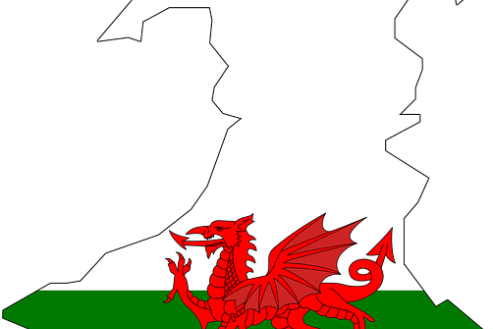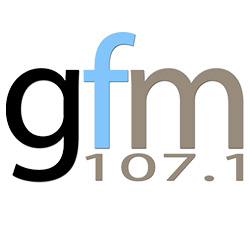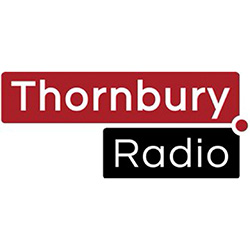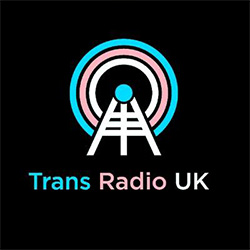
01/04/2024
On Sunday 3rd March, the kick off of International Women's Week, BBC Radio Wales, which is the English language public service network for Wales, broadcast a history of the celebration of women's contributions and achievements. The origins of the event lie in the early twentieth century working class, left and progressive movements. The earliest version reported was a "Women's Day" organized by the Socialist Party of America in New York City on February 28, 1909. In August 1910, an International Socialist Women's Conference was organized ahead of the general meeting of the Socialist Second International in Copenhagen. Inspired in part by the American socialists, German delegates Clara Zetkin, Käte Duncker, Paula Thiede, and others proposed the establishment of an annual "Women's Day". The following year, on March 19, 1911, the first International Women's Day was marked by over a million people in Austria, Denmark, Germany, and Switzerland. In 1914, International Women's Day was held on March 8 for the first time in Germany, possibly because that date was a Sunday. As elsewhere, Germany's observance was dedicated to women's right to vote, which German women did not win until 1918. Concurrently, there was a march in London in support of women's suffrage, during which Sylvia Pankhurst was arrested in front of Charing Cross station on her way to speak in Trafalgar Square. The day was subsequently claimed by the authoritarian communist regimes that took power in Russia and other places in Eastern Europe and Central Asia after 1918. But in the late nineteen sixties, second wave feminism began to take an interest in the event in the West. The day re-emerged as a day of activism, and is sometimes known in Europe as the "Women's International Day of Struggle". In the 1970s and 1980s, women's groups were joined by leftists and labor organizations in calling for equal pay, equal economic opportunity, equal legal rights, reproductive rights, subsidized child care, and the prevention of violence against women. The United Nations began celebrating International Women's Day in 1975, which had been proclaimed the International Women's Year. In 1977, the United Nations General Assembly invited member states to proclaim March 8 as an official UN holiday for women's rights and world peace. International Women's Day still has the power to confound and challenge people in authority, as is evidenced by the attempts at religious fundamentalists of all stripes to crack down on celebrations. Despite the efforts of a minority of transphobic feminists, the mainstream of International Women's Day celebrations include women of colour, transwomen and lesbian women and their contributions. Credit: Additional information drawn from the feminism portal at Wikipedia.


















